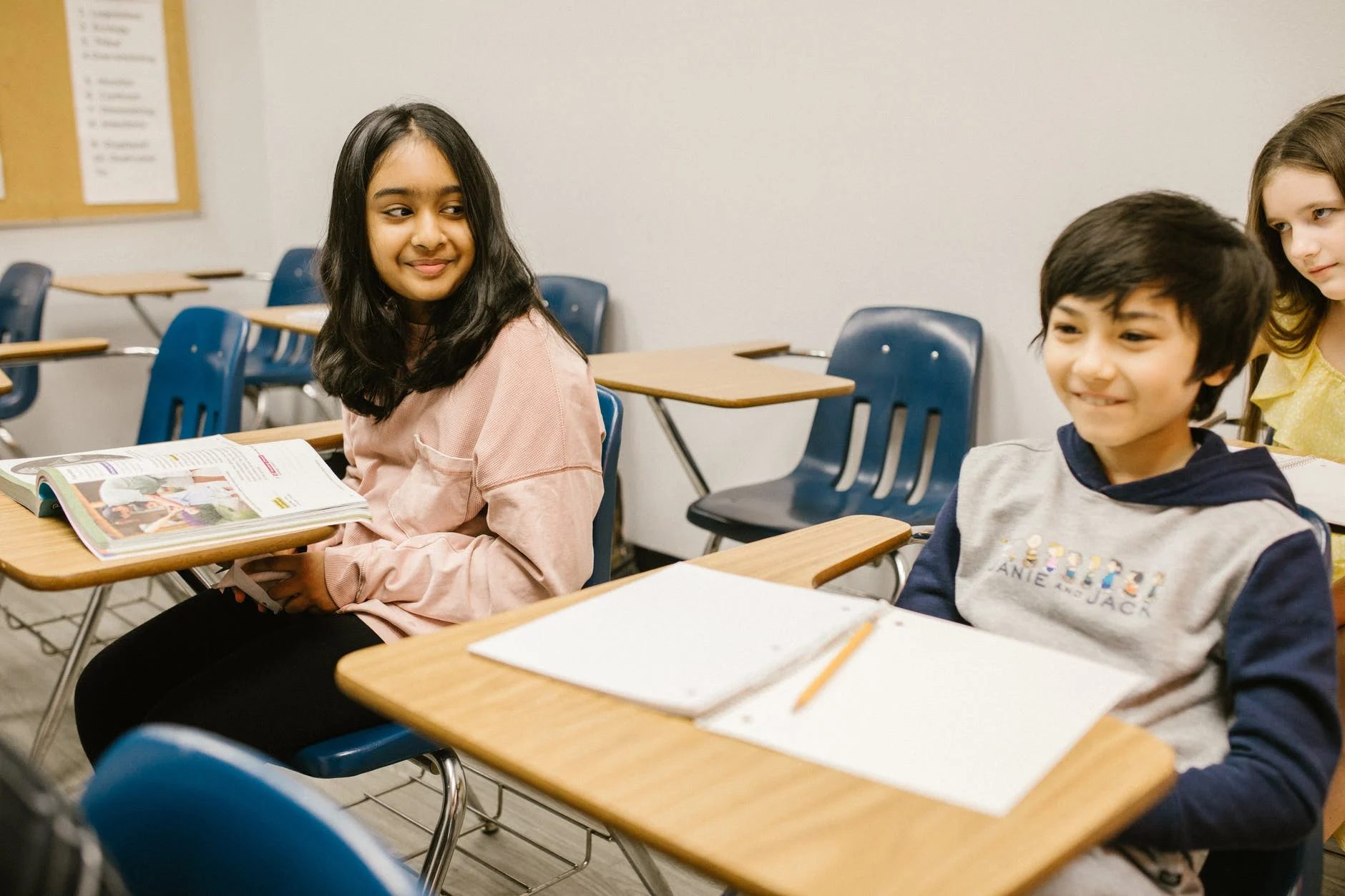
Children with autism are highly sensitive to their surroundings because they have a delicate sensory system. This means noise easily overloads their senses (taste, touch, smell, sight, and hearing).
Unlike other children, autistic children cannot filter or ignore sounds such as clamoring or noise. Most of these problems portrayed by autistic children may cause them to have problems concentrating and sitting still, which can have a negative impact on their education.
Additionally, they could have meltdowns when transitioning from one activity to the other, making it difficult to associate with other children.
Hence the question, how can we limit sensory overload at home and in school, while helping autistic children to engage better in their studies?
How do Schools Manage Sensory Overload in Autistic Students

Autism involves a variety of intellectual abilities; hence assessing a child’s academic growth is complex.
According to recent studies, 40% of children with autism in Singapore attend special education schools.
MOE has seen that these SPED schools receive substantial funding that goes towards providing customized support for students and paying specialized staff. The timely move by MOE has helped teachers to develop effective methods for teaching students with autism.
Some strategies that teachers have adopted to support autistic children include:
- Tailor the learning environment to the child’s needs
Most autistic children experience sensory overload, causing them to react positively or negatively to sensory stimuli. As a teacher, you can make the classroom less overwhelming by minimizing activities or removing objects that spark their anxiety. - Commit to their interests
One thing that makes autistic children extraordinary is developing special interests in certain activities. If they love unicorns, integrate pictures and words related to them in spelling exercises and math problems. This will make a big impact on how the child engages with their studies.
Sensory overload emanates from specific sensory triggers. We know the five basic senses-touch, taste, smell, sound, and sight. However, these senses extend to proprioceptive, vestibular, and inner body types.
- The inner body triggers – Sudden changes in temperature, thirst, and hunger.
- Touch triggers – Environmental conditions such as wind or rain, sudden contact, new fabrics, and unfamiliar textures
- Sight triggers – New environment or people, clutter, bright colors, flashing lights, bright lights
- Smell triggers – Perfume scents, strong chemicals, unfamiliar smells, and potent smells
- Proprioceptive and vestibular triggers – Climbing, confinement, jumping, spinning, sliding, oscillation, carrying heavy objects.
- Taste triggers – Displeasing flavor, intense flavors, and new flavors
- Sound triggers – Unexpected scary sounds, background noises, triggering or loud music, and a large group of people talking at once.
Techniques for Preventing Sensory Overload in Children

The first step to preventing sensory overload in school is by identifying the probable sensory triggers. Be cautious about activities or objects that can lead to a sensory meltdown.
Here are a few tips to guide parents and teachers.
Incorporate Sensory Breaks
Caregivers, teachers, and parents have become aware of the mental and holistic well-being of autistic people. These include sensory breaks in a child’s daily routine because it helps them understand the various coping strategies.
During sensory breaks, help students to:
- Take a moment to sit still and maintain silence
- Stretch their bodies while standing
- Practice with exercises that involve deep breathing
Students who suffer from sensory overload may have a hard time communicating with other students in class. Help them to communicate openly and find a quiet and safe place to retire whenever they feel pressured.
Be Conscious of the School and Home Environment

A structured classroom is important because it provides clarity and consistency. For instance, students should know where to find items for different class activities. Taking into account the range of vision from the student to the teacher is significant.
Consider things like background pattern, movement, and light to ensure students don’t lose their level of attention.
Evaluate the surrounding area and ensure the sound levels aren’t irritating. Some autistic children aren’t accustomed to typical levels of speech. Instead, they find it to be painful.
Children who experience sound issues can opt for noise cancellation headphones or a sensory room on the side to relax whenever they feel overwhelmed.
In case they don’t feel comfortable at school, opt for special needs tuition. A committed home tutor for special needs children offers:
- A relaxed learning environment where the student doesn’t need to keep up with the pace of other students.
- Skills that match the child’s unique needs
- Unique tips for answering exams that improve the student’s overall performance.
- Personalized teaching methods that are effective for the child’s understanding
- Boost the child’s confidence because they can ask questions freely without being ridiculed.
Have a Consistent Routine
Routine is a powerful force for children with special needs. Repetitive behaviors and consistency are the best way they can bring self-regulation, calm, and comfort in their anxious minds.
Unprecedented changes and surprises can affect sensory-sensitive children negatively. To avoid this, try your best to maintain a routine.
How to Help Children with Sensory Overload

Even though anyone can suffer from sensory overload, some people are more likely to experience it compared to others.
People who are sensitive to sensory triggers include those with conditions such as:
- Autism
- Attention-deficit/hyperactivity disorder (ADHD)
- Generalized anxiety disorder (GAD)
- Post-traumatic stress disorder
- Tourette syndrome
- Fibromyalgia
Don’t Overschedule Activities
Changing routines can be overwhelming for autistic children. To help your child cope better, develop a timetable that lets your child know what to expect.
For instance, you can use visual schedules to help your child understand when a certain activity such as eating or playing will occur.
When used incrementally and consistently, this approach will reduce meltdowns and help your child develop patience when it comes to what they want.
Use Sensory Overload Suppressing Toys

To help your child deal with sensory issues, create a kit that will make them comfortable. Some items that can come in handy include:
- Sticky notes to cover items that cause discomfort
- Earplugs or sensory headphones in case they are sensitive to sound: Ensuring students in school remain silent at all times can be challenging. A child with sensory problems can use sensory headphones to keep noise away when they’re reading.
- Fidget toys: Twiddling with toys helps to keep students busy and distracted. It also reduces stress and anxiety while providing a fun time.
Adolescents can also benefit immensely from headphones because they can listen to their favorite audiobook or music, which brings them comfort.
Moreover, you can organize several scheduled silence throughout the day to keep sensory stimuli at bay. This can include rocking or swinging, which helps autistic students to relax.
Conclusion
Supporting an autistic child in the class isn’t a walk in the park, but it’s an incredible and valuable undertaking. Helping a child with autism to fully engage in their studies not only makes them have a beneficial and positive educational experience, but it also opens up opportunities for them to have a bright future!
